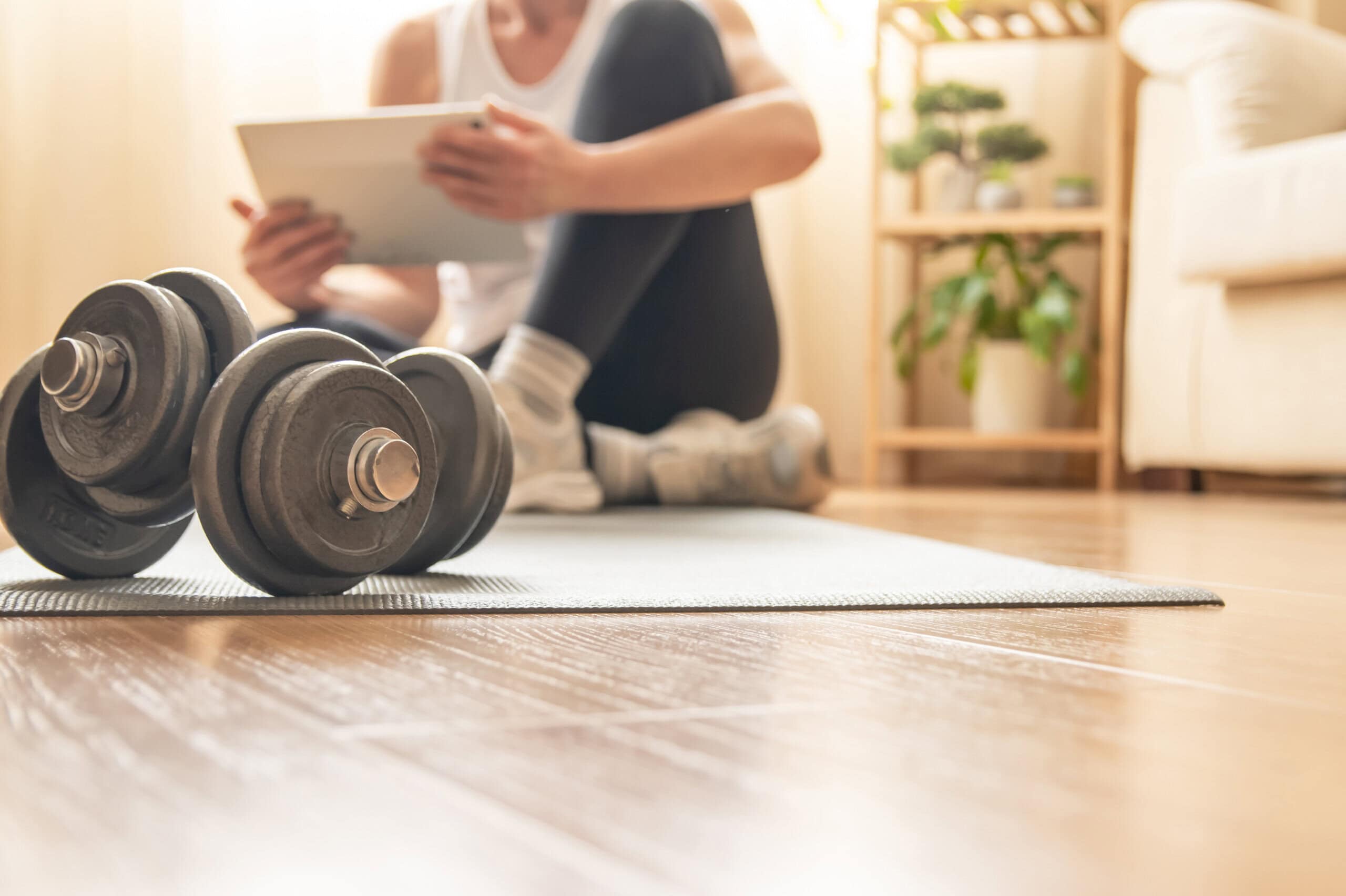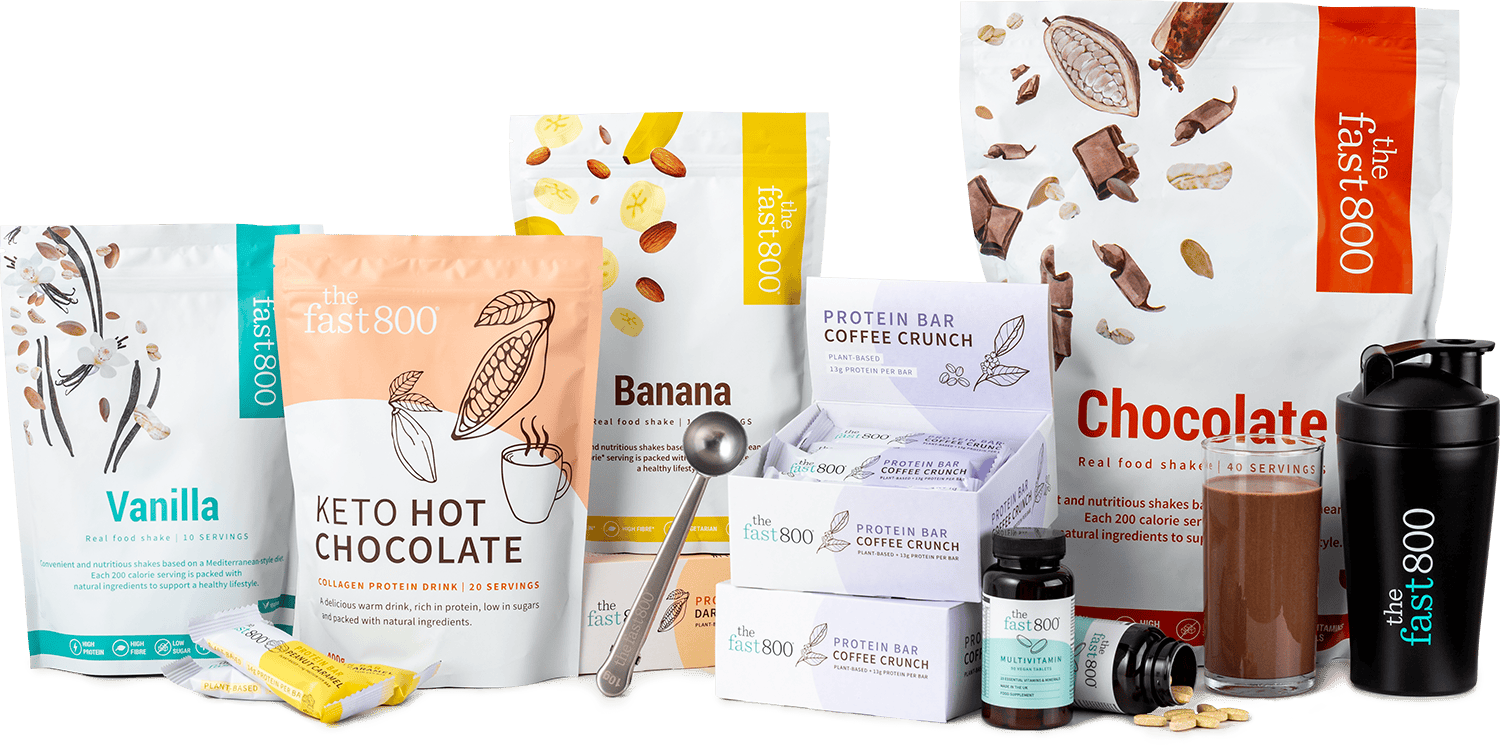Does Alcohol Make You Fat?
Alcohol is part of today’s society and culture; people drink for confidence, relaxation or simply because it’s socially expected. There’s a stigma attached, and quite often a fear, with turning down a drink when surrounded by friends and family. Unfortunately, the drink you refuse to turn away may be the reason for unwanted weight gain and even chronic diseases such as type 2 diabetes, cardiovascular disease and Alzheimer’s. It’s no coincidence that people notice their weight fall off when they cut back on the booze but exactly how does alcohol make you fat? Read on to find out more.
Alcohol is high in calories and carbs
It’s not always the alcohol itself that can cause weight gain but the sugar, carbohydrates and calories that comes with it. One drink can contribute an additional 200 calories of energy to your day, plus the food choices you make on top of that.
As alcohol is high in calories, with little nutritional value, we recommend you avoid it completely on fasting days. Instead, opt for water, tea or one of our spritzer drinks, refreshingly feeling like you’re getting a little extra.
Excessive alcohol can lead to poor food choices
Disinhibition removes your willpower however, there’s more to it than that. It’s likely that you’ve experienced the common desire for more food after a night of drinking and there’s a good reason for this. Two hormones that play a large role are leptin and ghrelin; leptin reduces hunger while ghrelin increases it. When you drink alcohol, your leptin levels are obstructed, while ghrelin levels are elevated, increasing your appetite as a result.1 This is part of the reason people reach for the chocolate, crisps or the takeaway shop after a few drinks – these levels remain imbalanced the following day too!
Further, a 2001 study took two groups of males. One group was given alcoholic beer and the other group was given non-alcohol beer. The study found that those with alcohol in their system ate 30% more than those without.2
In addition, alcohol triggers the release of the chemical galanin. This, in turn, prompts the brain to crave more alcohol and also fat.3 So, it’s not by chance you find yourself reaching for greasy, salty food, as opposed to a fresh salad, after an evening of drinking!
Alcohol plays havoc with your sleep
Alcohol can disrupt your quality of sleep, particularly REM sleep. REM sleep is the stage in which you process emotions and memories, impacting your mood heavily. Drinking alcohol at moderate or high levels most affects REM sleep4, leading to anxiety the following day. For many, alcohol is a coping mechanism to reduce feelings of anxiety however, science tells us that it actually causes a lot more harm than good.

You can get caught in a vicious cycle where you drink because you are anxious, stressed or unhappy, and then the alcohol makes it worse. It’s really important to cut down if you can.” – Dr Michael Mosley
While addressing the question of whether alcohol makes you fat, the increase of food you consume after a night of heavy drinking isn’t just limited to the evening itself. Researchers from King’s College, London, have found that on average, those that are sleep deprived consume an additional 385 calories per day.5 Further, the feelings of anxiety and depression are known to drive the need for emotional eating. It’s not just the alcohol that makes you fat, the aftermath is just as dangerous and more serious, for your health and wellbeing.
If you’re looking to improve you quality of sleep, cut out the booze and start eating Mediterranean food scientifically proven to help you get a good night’s rest.
It’s not just your weight you should be concerned about
Yes, alcohol and the choices it motivates does have the capability to make you fat however, excessive drinking can lead to much more serious health implications.
Firstly, alcohol is addictive.
When you drink, endorphins are released in two brain regions that are associated with reward, as found by researchers at The University of California, in a 2012 study.6 Those that drink high volumes of alcohol release more endorphins, experiencing more pleasure than light drinkers. As alcohol wears off, so does the feeling of pleasure leading to the desire to drink more.
Alcoholism is a serious condition and if you are concerned about your own health, it’s important to discuss with your GP.
Alcohol also has the ability to change the structure of your brain.
Alcohol causes the brain to block chemical signals between brain cells leading to slurred speech, poor memory and slowed reaction time; all common signs of intoxication. In response, the brain over activates neurotransmitters and over time, causes long-term damage to brain cells. Further, studies have recognised that taking action and limiting alcohol intake significantly, or removing alcohol completely from your life, can potentially reverse cognitive damage.7
Alcohol can lead to long-term liver damage.
The liver is responsible for filtering out toxins, such as alcohol, from the blood. As a result of filtering alcohol, some liver cells die and have the capability to regenerate. However, long periods of excessive drinking blocks the liver’s ability to develop new cells, resulting in Alcohol Related Liver Disease (ARLD). If left untreated, ARLD can lead to further complications and in more severe cases, death. Reducing alcohol intake significantly, or stopping drinking completely, is the most effective method of reducing your risk of ARLD.
Alcohol weakens your immune system.
Alcohol can lead to serious infection as it damages cells vital for repair. Also, drinking alcohol can lead to inflammation in the gut, killing microbes which help reduce the risk of infection and prevent from the onset of irritable bowel syndrome (IBS) and type 2 diabetes.
There are several ways you can improve your gut health:
- Eat the Mediterranean way! All of the approached on The Fast 800 follow a Mediterranean-style diet, proven to be one of the healthiest in the world.
- Add prebiotics, such as leafy green veg, and probiotics, like Greek yogurt and fermented foods, to your diet.
- Improve your sleep. Cleaning up your sleep hygiene can help boost your immune system.
- Manage your stress levels. Just a small, 5 minute meditation may alleviate large amounts of stress. Mindfulness is a core pillar of The Fast 800 online programme with an array of resources and guided meditations.
What about the benefits?
The Fast 800 does not completely deprive you of alcohol; if it’s something you wish to include in your lifestyle, we recommend opting for red wine. When consumed in moderation, red wine does have some health benefits. Red wine is rich in resveratrol, an antioxidant which has been recognised to lower the risk of cardiovascular disease.
Alcohol also counters natural clotting factors in the blood, offering some protection against thrombosis and strokes caused by blood clots. Increasing alcohol consumption beyond one drink per day, on the other hand, increases the risk of strokes caused by bleeds. When drinking alcohol, it’s important to do so mindfully, you can find more advice on managing your intake here.
If you are looking to cut back on your alcohol intake, we have some low alcohol alternatives that are great for any occasion:
The bottom line
It’s easy to get a little carried away once hearing the benefits of alcohol. It’s very important that you recognise that all of the research linking alcohol to health benefits suggests that the small doses is the key: having more than one drink per day can have the reverse effect and lead to more serious health problems.
The evidence is clear; alcohol does make you fat. In addition to the impact of calories from alcoholic drinks, the food choices made whilst drinking, and the following day, pose significant, and potentially life threatening health concerns.
Yeomans MR. Alcohol, appetite and energy balance: is alcohol intake a risk factor for obesity? Physiol Behav. 2010 Apr 26;100(1):82-9. doi: 10.1016/j.physbeh.2010.01.012. Epub 2010 Jan 22. PMID: 20096714.
Hetherington MM, Cameron F, Wallis DJ, Pirie LM. Stimulation of appetite by alcohol. Physiol Behav. 2001 Oct;74(3):283-9. doi: 10.1016/s0031-9384(01)00598-4. PMID: 11714490.
Barson JR, Morganstern I, Leibowitz SF. Galanin and consummatory behavior: special relationship with dietary fat, alcohol and circulating lipids. Exp Suppl. 2010;102:87-111. doi:10.1007/978-3-0346-0228-0_8
Stein MD, Friedmann PD. Disturbed sleep and its relationship to alcohol use. Subst Abus. 2005;26(1):1-13. doi:10.1300/j465v26n01_01
Al Khatib, H., Harding, S., Darzi, J. et al. The effects of partial sleep deprivation on energy balance: a systematic review and meta-analysis. Eur J Clin Nutr 71, 614–624 (2017). https://doi.org/10.1038/ejcn.2016.201
J. M. Mitchell, J. P. O’Neil, M. Janabi, S. M. Marks, W. J. Jagust, H. L. Fields. Alcohol Consumption Induces Endogenous Opioid Release in the Human Orbitofrontal Cortex and Nucleus Accumbens. Science Translational Medicine, 2012; 4 (116): 116ra6.
Stavro, K., Pelletier, J. & Potvin, S. (2012). Widespread and sustained cognitive deficits in alcoholism: A meta-analysis. Addiction Biology, 18, 203–213.











